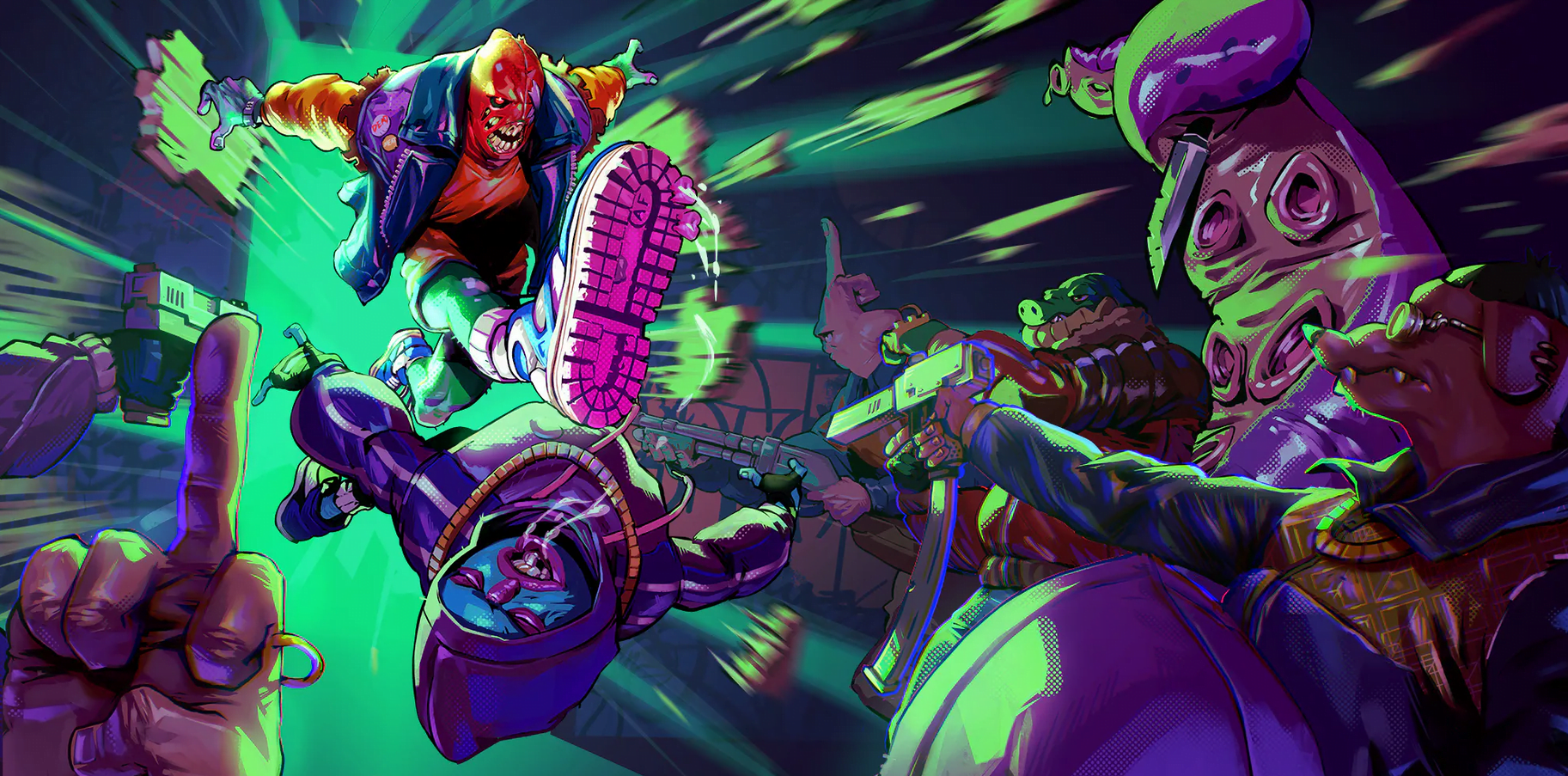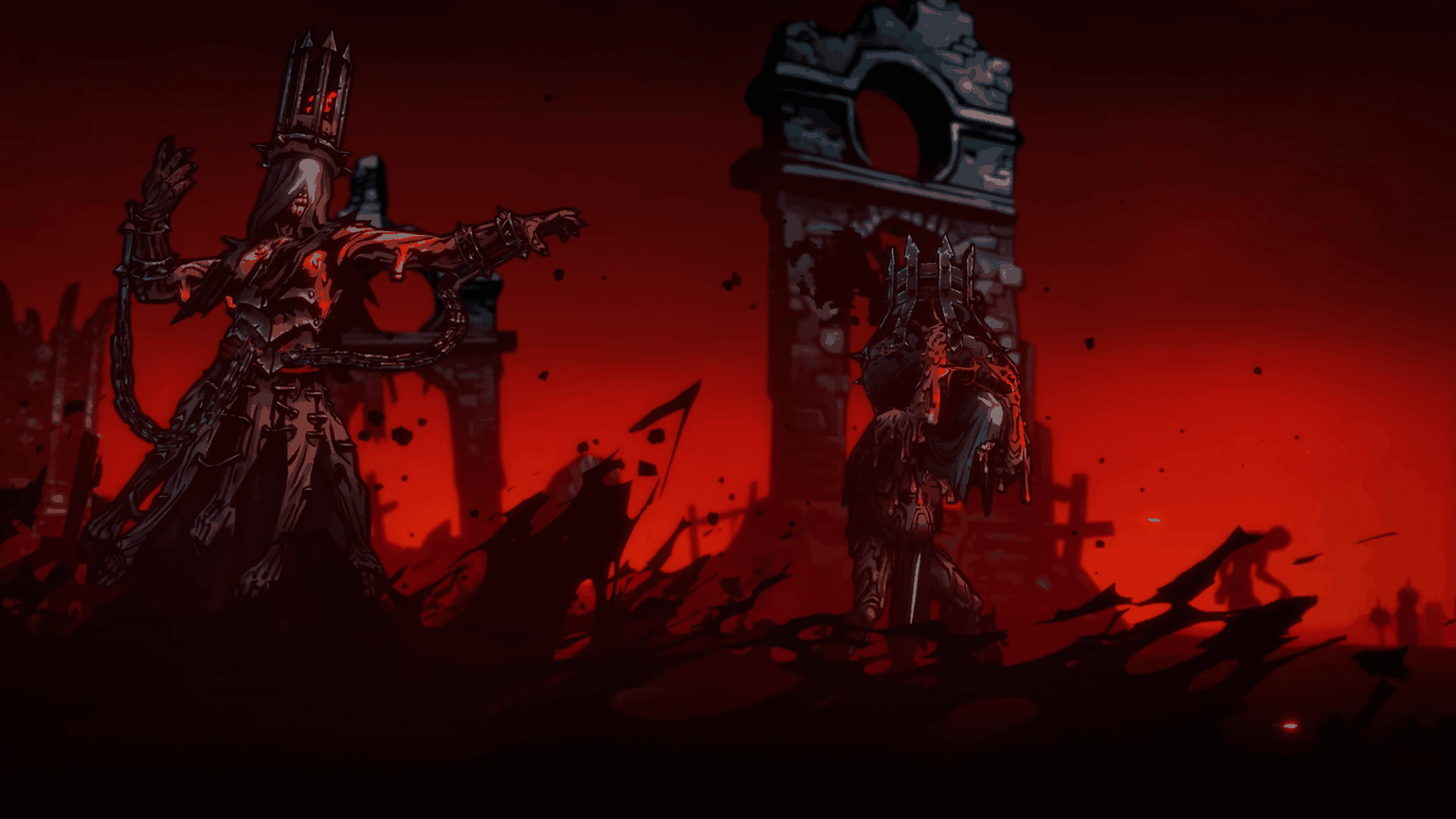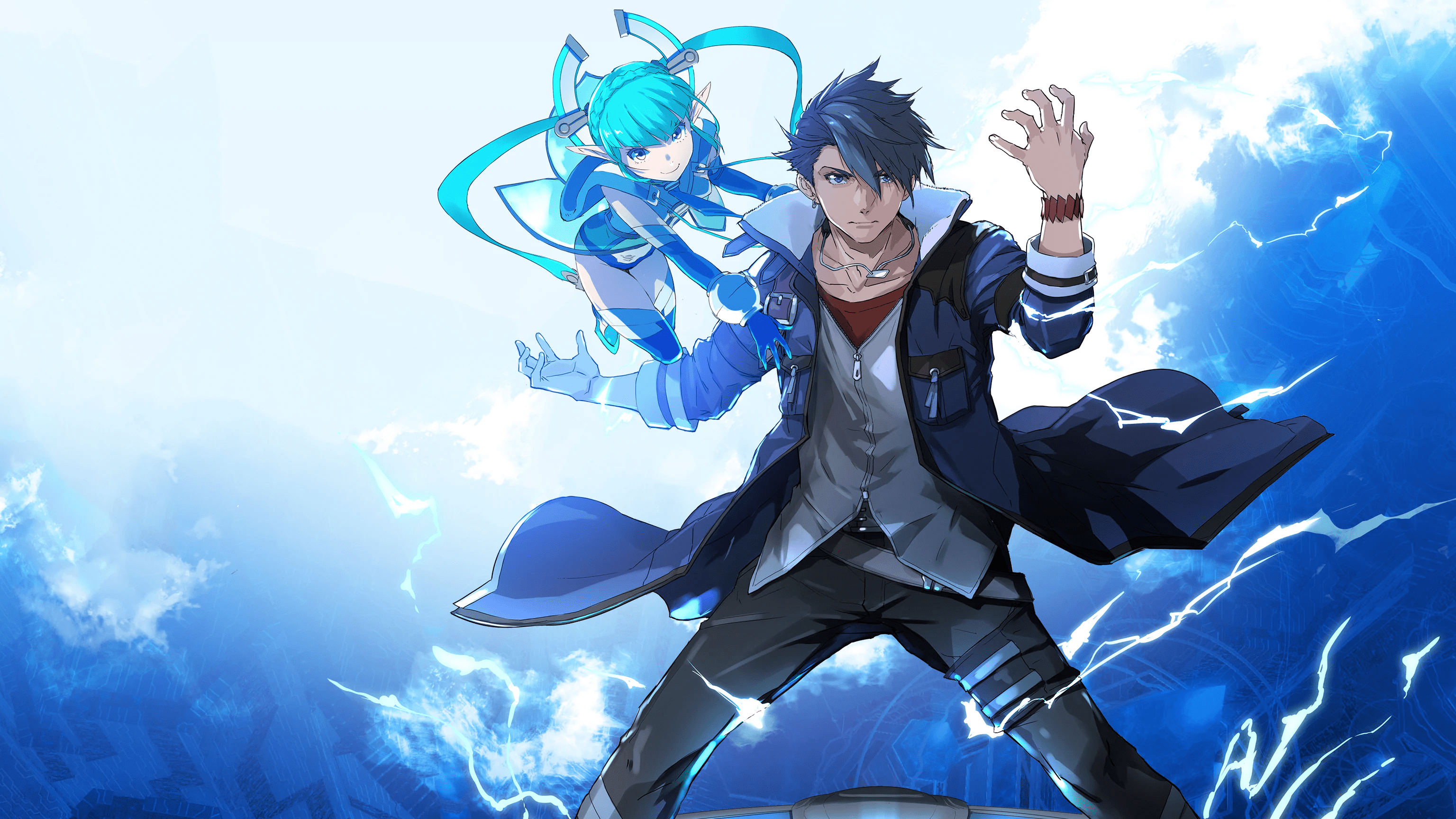The Deer God, a game that originally came out in 2015 and is now making its way to the Nintendo Switch, is a lot like 2012’s Tokyo Jungle. That is, they’re both about animal survival. But unlike SIE Japan Studio’s cult favorite, though, The Deer God is much more straightforward in its approach. It’s a seemingly endless platformer set in a pixel art backdrop that looks beautiful, but tends to get in the way of the action.
You play as a downed hunter who’s been punished by a deity to reincarnate as a buck in order to go on a journey which hopefully will teach him a lesson and allow him to become human again. Things aren’t so simple as they seem, though. There’s plenty of opposition along the way, in the form of other animals and even supernatural beings, as well as friendly elk and deers who want nothing more than help you, or in some cases, make some babies.
Babies are important because once you die — at least in normal mode, since in hardcore mode you only get one go, obviously — you’re able to resurrect at a specific spot in the uncharted lands that compose The Deer God. While you can surely come back to life even without spawning offspring, it occurs at random places that might throw you off your path, which happens to be an incredibly easy state to be at, thanks to sheer randomness of the world layout.
For as randomly as The Deer God’s world might seem to have been put together, it’s still quite repetitive, thanks to the same structures that pepper the handful of different title sets. From deserts to snow fields, and forests to swaps, there’s enough variety to keep a relatively short play through quite engaging, but in the longer run, you’re bound to run into similar looking locales that just happen to pop up in different moments while you run to the right of the screen.
Still, there’s some neat things to do during all that running and jumping, such as collecting relics through defeating bosses, doing a few side quests, and growing old. The latter is somewhat the most difficult of the bunch, because you have to keep yourself fed and well, alive. Every time you die, you have to start over as a newly-born buck, unless you manage to find a certain collectible that allows you to revive right away and keep your former body.
Speaking of bodies, the deer god likes to change yours often if you happen to make hell for innocent animals. It’s quite amusing to be turned into a toad the first time it happens, but it’s a whole other story when it happens as you accidentally burn an elk or two while fending off a ferocious bear’s attack. Luckily, the further you get into the game and build up a long enough morality meter towards good, the less likely that punishment occurs.
But there’s also benevolence to our dear deity. If you look hard enough and are able to complete some modest puzzles, you’ll pick up some pretty powerful and positively silly skills along your journey, such as using lightning to scare away enemies, chuck fireballs at fools and even calling down a freezing hail upon the land. There are also some skills that are tied to platforming, like double jumping and a downward thrust, that turn The Deer God into a Symphony of the Night/Castlevania analog, albeit in a much lighter tone than say, Hollow Knight. They don’t come in handy for exploration because there’s no exploration to speak of, other than going right and sometimes down vertically.
As a Switch game, The Deer God plays relatively well on higher brightness settings, but even then, it’s a little hard to see what’s going on while playing in portable mode, thanks to the small size of the deer you control and the convolution between background and foreground art that tends to mesh together especially when falling down from higher ground. The foreground also helps obscure pits that are 1-hit kills and are absolutely the worst when you’re on a roll as an adult elk. During the five or so hours I’ve spent playing The Deer God, I’ve lost count the number of times I’ve frustratingly died thanks to that.
The Deer God has a great premise that never really hits its potential. Although it’s enjoyable during the first hour or so, it quickly devolves into repetition, and for as much time as you could possibly spend trying to collect every single collectible that’s randomly thrown your way, there’s not much else going for this game.






